Is it better to get a smart TV or a streaming device?
We look at the pros and cons of getting an inexpensive streaming device over a new smart TV
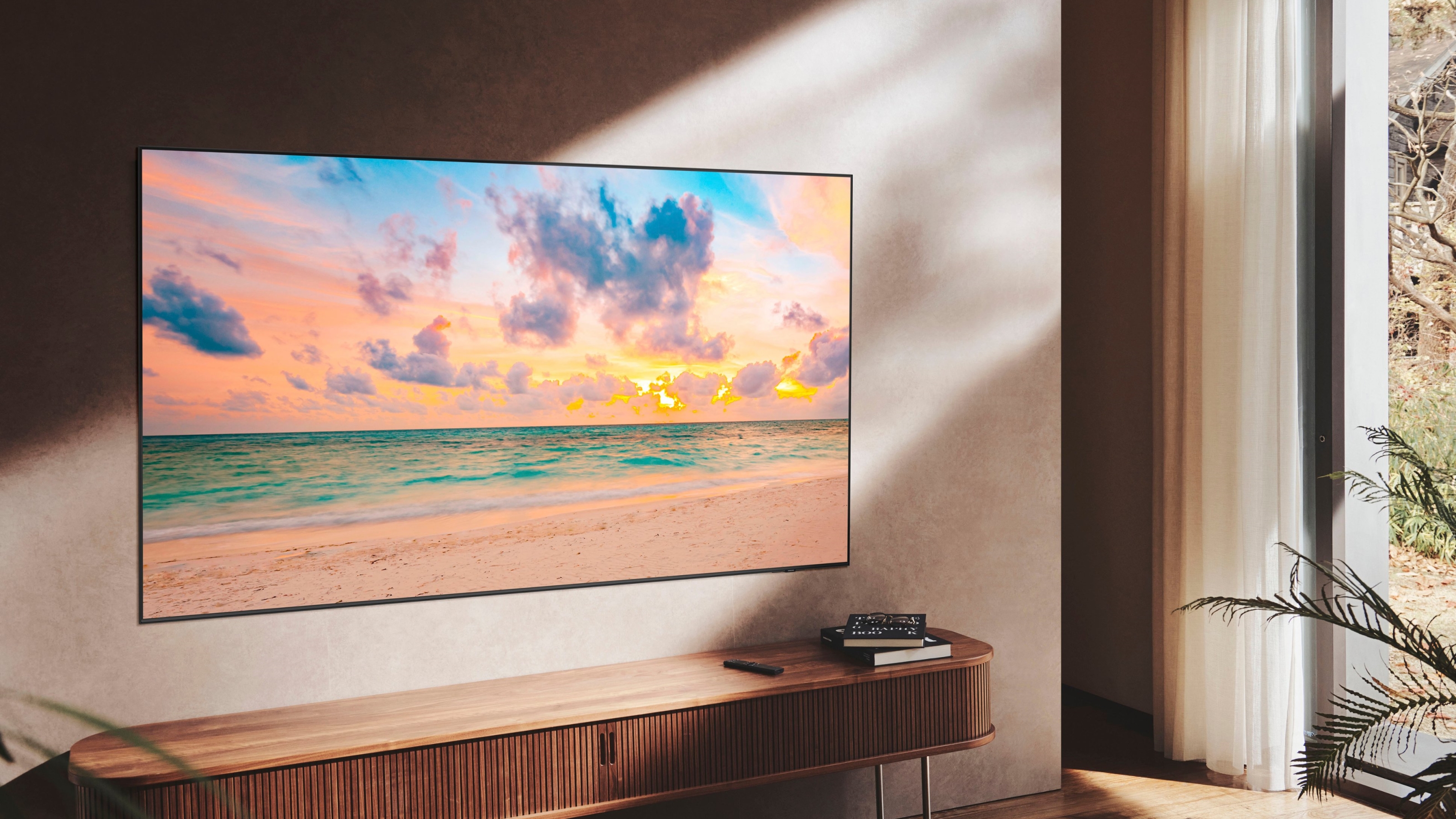
With almost every TV on the market touting its smart capabilities, it can be somewhat confusing when shopping for the best option. The rise of streaming has made the choice much harder than it used to be, and those yet to make the jump to a smart TV face a deluge of options and conflicting advice.
Along with smart TVs, the best streaming devices can upgrade existing ones without the cost of getting something big, new, and shiny for the living room. While it's tempting to go for the best 85 inch TV you can get your hands on, a second TV in the bedroom or one you only purchased a couple of years ago may not need replacing just yet.
Below we outline some of the big questions you should ask yourself when considering whether to go for a smart TV or a streaming device.
Do you need to replace your current TV?
The first question you need to ask yourself is whether it's time for another TV, and the budget you're willing to dedicate to the new purchase. Many people with older sets want to upgrade their TV simply for the smart features that come with modern examples, but streaming devices can bridge that gap for a fraction of the cost.
If the reason you're considering a big investment is to get the latest tech into your living room, then it's true it might be time to upgrade. If you have a very old set that doesn't yet support 4K resolution, you want an OLED or QLED panel, or up to 8K resolution, then a new television is your best bet.
But if you just want to stream Netflix and Disney+ on the big screen rather than relying on your laptop, then a streaming device is a much more affordable way of doing this. The same is true for those who simply do not like the current user experience of their TV. Just pop in a streaming dongle, and you can completely change the way you navigate your entertainment.
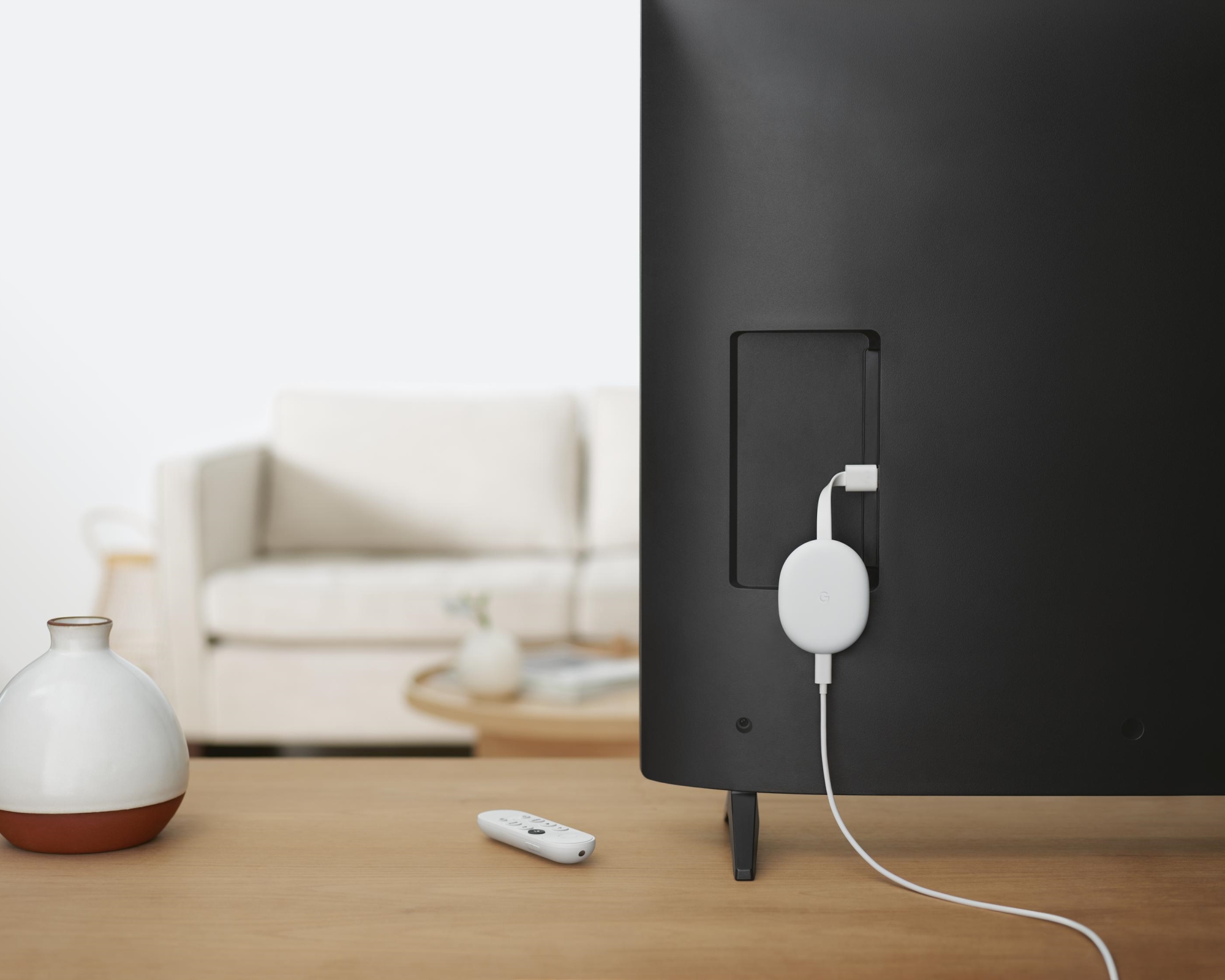
How reliable is your internet connection?
If you're used to watching live or cable TV, switching to streaming can come with many potential problems. Modern shows and movies tend to offer outstanding sound and visuals - going up to 4K with Dolby Atmos and Vision, among other things - and this all eats up bandwidth.
As an example, in the UK, media giant Sky has recently added the Sky Stream, which fully relies on the home WiFi rather than the traditional satellite dish. This wouldn't have been possible a decade ago, and even now, those with patchy internet connections can have trouble watching their favorite shows and movies without constant buffering.
So before you make the switch, it's very important to ensure your internet connection is good enough. Netflix recommends speeds of 3Mbps for HD, 5Mbps for Full HD, and 15Mbps for 4K. You can check your speeds at speedtest.net.
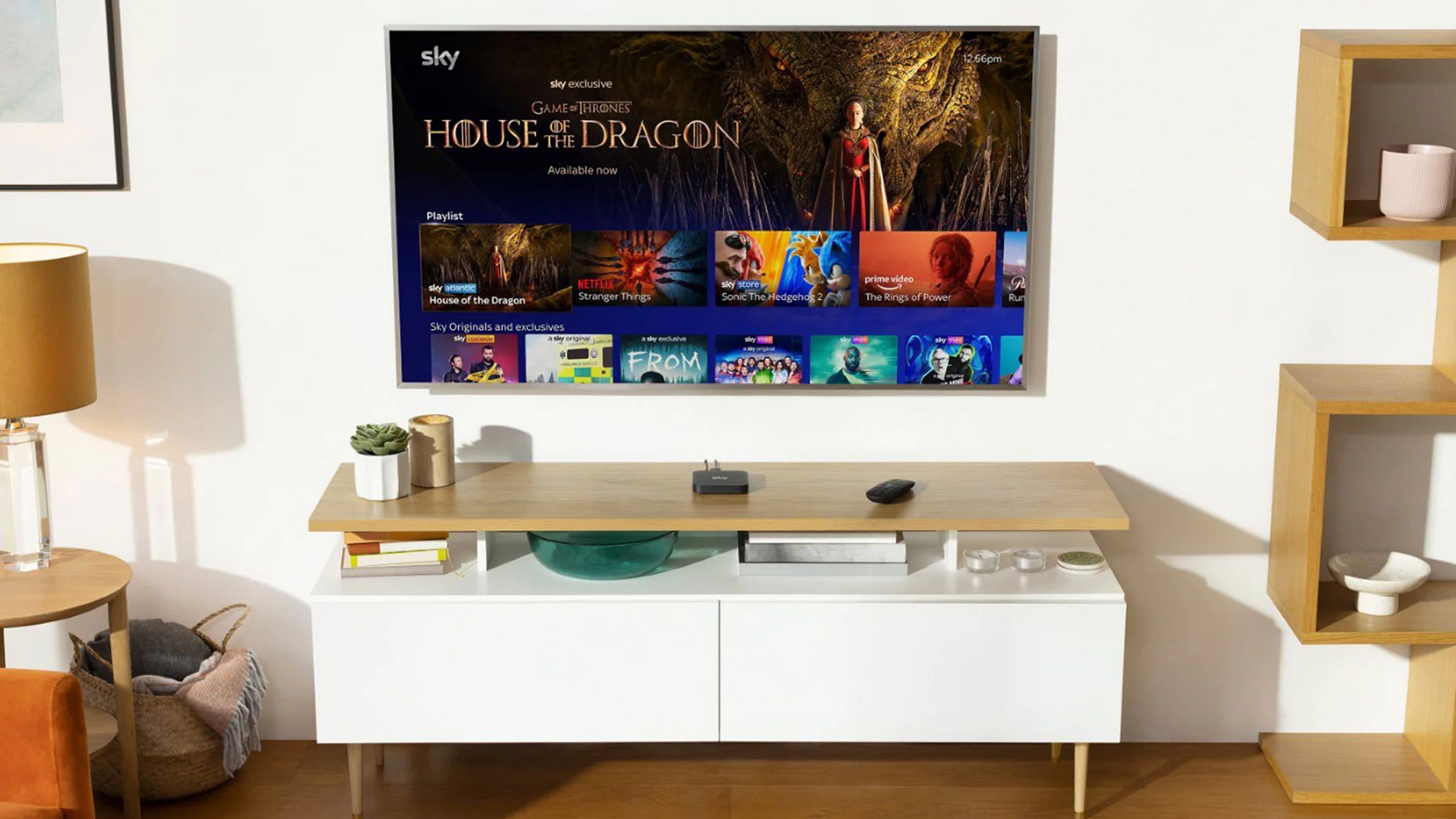
How often do you stream, and from which apps?
Similar to other points in this guide, choosing between a smart TV and a streaming device should be weighed depending on how often you watch via streaming apps versus live television or home media like DVDs. A streaming device won't allow you to record and often doesn't have a way to access live channels, but it is great for supplementing your set-up with easy access to services you subscribe to, like Prime Video and HBO Max.
However, if you are more interested in upgrading your TV's picture quality and sound, then you should definitely opt for a smart TV.
In both cases, you should always do your research and ensure that all of the streaming apps you regularly use (or plan to use in the future) are supported by your chosen device. Though companies have made a lot of effort to be as widely available as possible, there can be missing services on both streaming devices and smart TV platforms. If there's something specific you want, check before you buy.

Smart TV vs streaming device: Our verdict
Making the choice between a smart TV and a streaming device isn't always simple, but a few key elements are useful to consider when making that decision.
Get a streaming device if... you stream a most of your entertainment. Streaming dongles, sticks and boxes are designed to upgrade existing tech and bring older TVs into the modern streaming era. They can also be incredibly cheap, especially during sales events like Black Friday.
Get a smart TV if... you still rely on live TV, cable and/or physical media. To avoid endless switching between HDMI inputs, and a strain on less than ideal broadband speeds, smart TVs are a tidier way of bringing streaming into the home without sacrificing everything else you want to do with your TV.
Be The First To Know
The Livingetc newsletters are your inside source for what’s shaping interiors now - and what’s next. Discover trend forecasts, smart style ideas, and curated shopping inspiration that brings design to life. Subscribe today and stay ahead of the curve.
Caroline was formerly smart home ecommerce editor for Livingetc, covering everything tech for the home, from smart speakers to air purifiers and everything in between. She is passionate about technology and smart devices and their role in daily life, enhancing the home without sacrificing personal style and carefully chosen interiors. In her spare time, she can be found tinkering with bulbs, soundbars, and video doorbells in an effort to automate every part of her small home. Previously, she lent her expertise to the likes of Expert Reviews, IT Pro, Coach, The Week, and more.
-
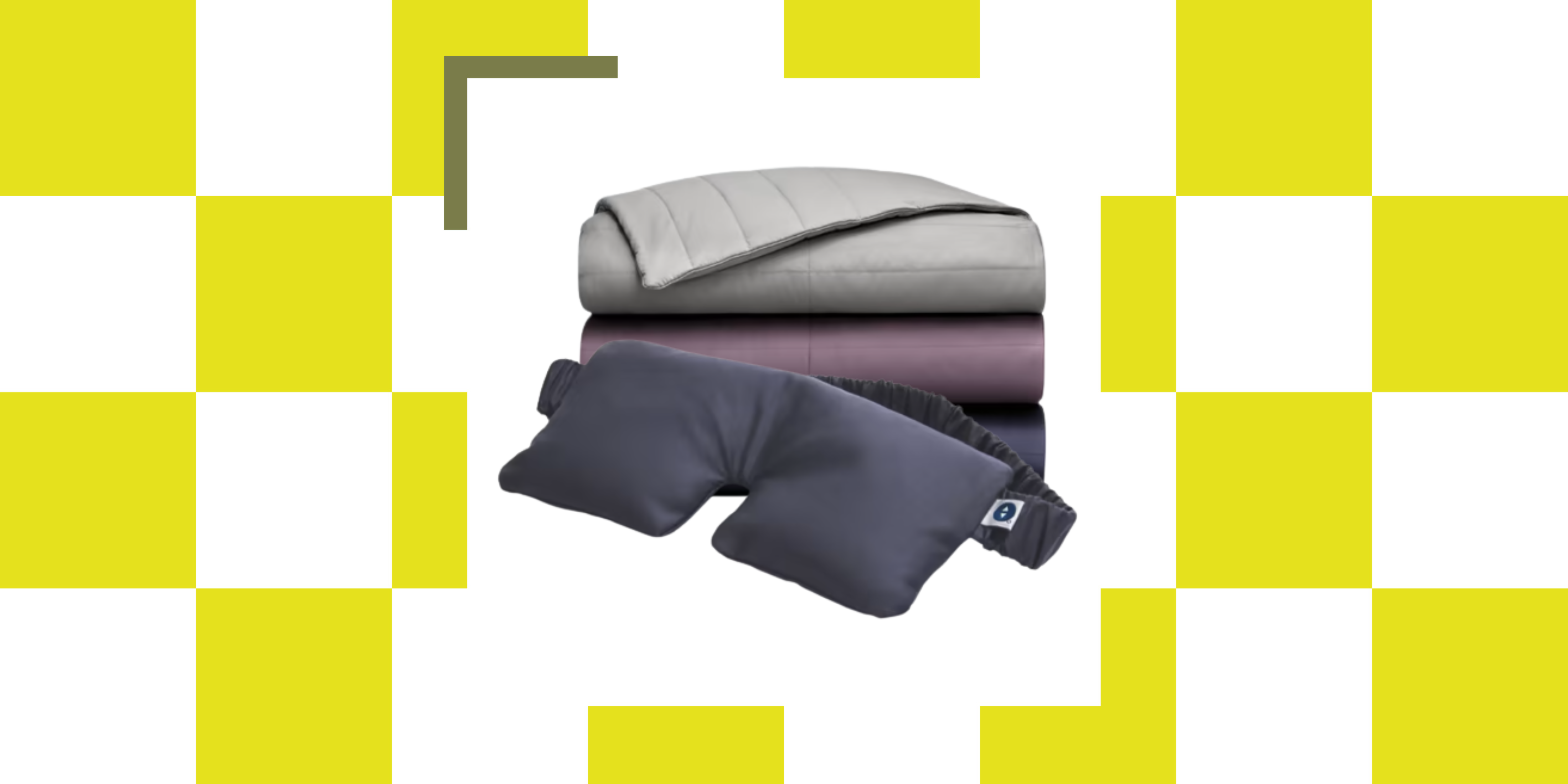 The Weighted Blanket That Doesn’t Make You Sweat (and the Eye Mask to Match)
The Weighted Blanket That Doesn’t Make You Sweat (and the Eye Mask to Match)Luxury has weight. And apparently, volcanic minerals
By Julia Demer
-
 What Is Biophilic Interior Design? I'm an Actual Biophilic Designer, and This Is How to Apply It to Your Home
What Is Biophilic Interior Design? I'm an Actual Biophilic Designer, and This Is How to Apply It to Your HomeA biophilic designer explains the core principles of this practice, and the easy ways you can apply it to your home's design
By Marianna Popejoy
-
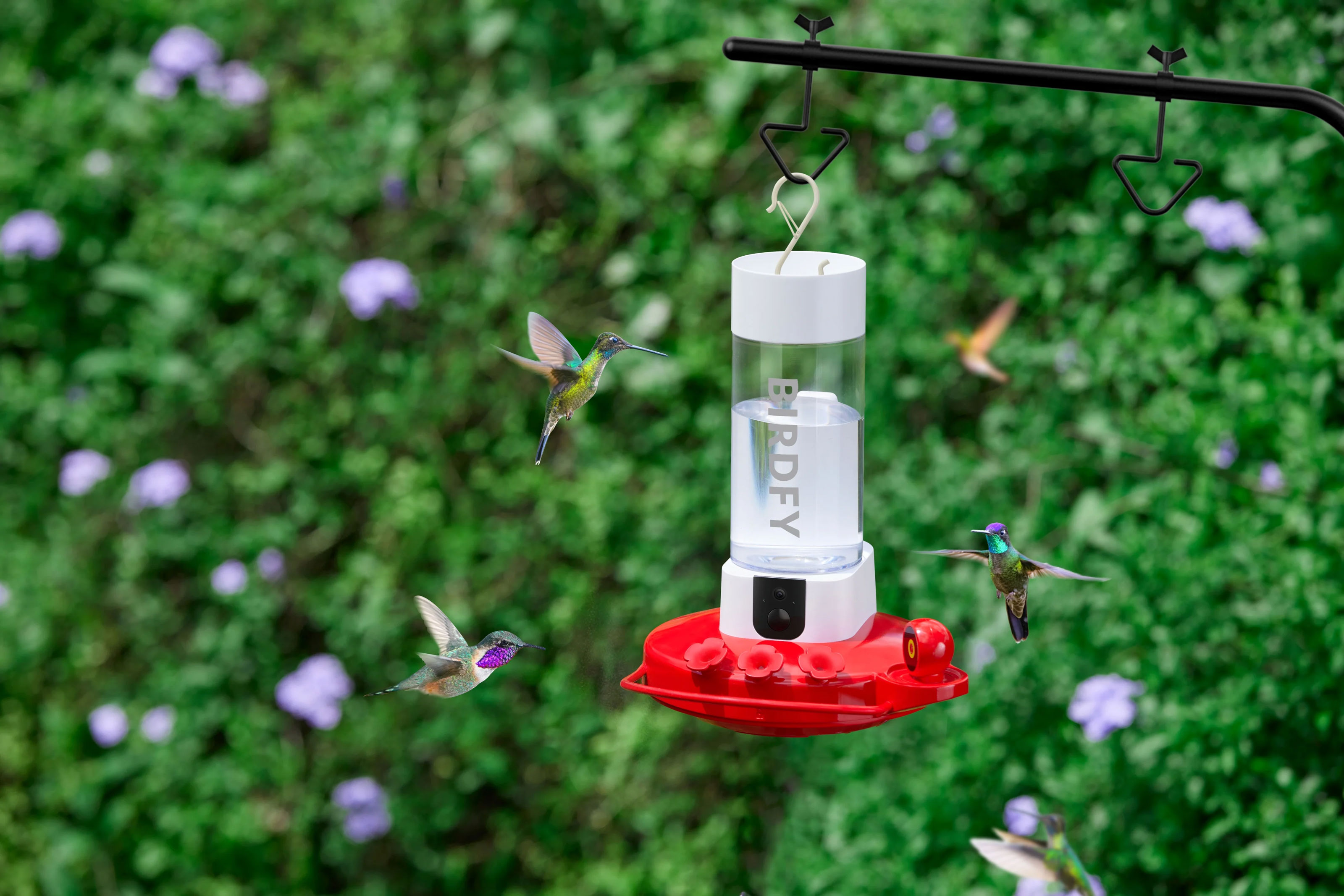 Reviewers Say These Hummingbird Camera Feeders Are the Best Ones Right Now — And They're All on Sale
Reviewers Say These Hummingbird Camera Feeders Are the Best Ones Right Now — And They're All on SaleI've spent ages reading all the reviews for smart hummingbird feeders so you don't have to... Here are the top-rated options
By Hugh Metcalf
-
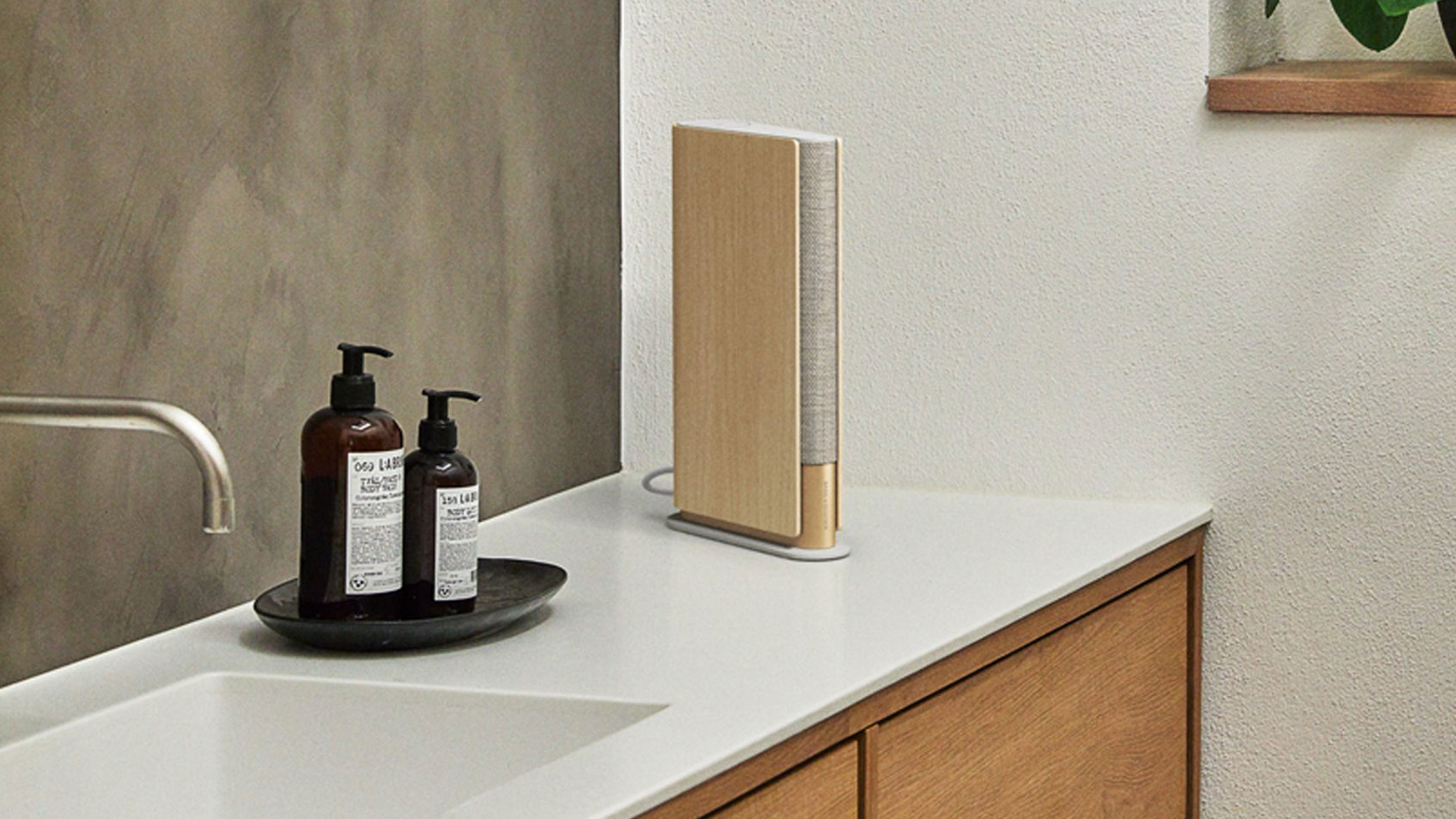 This Interior Stylist Has Picked the Most Aesthetic Home Tech Products of the Moment — 'No More Tech Eyesores!'
This Interior Stylist Has Picked the Most Aesthetic Home Tech Products of the Moment — 'No More Tech Eyesores!'If you think making your home smarter means filling it with ugly gadgets, think again. There's a growing number of pleasingly aesthetic choices out there, says this stylist
By Luke Arthur Wells
-
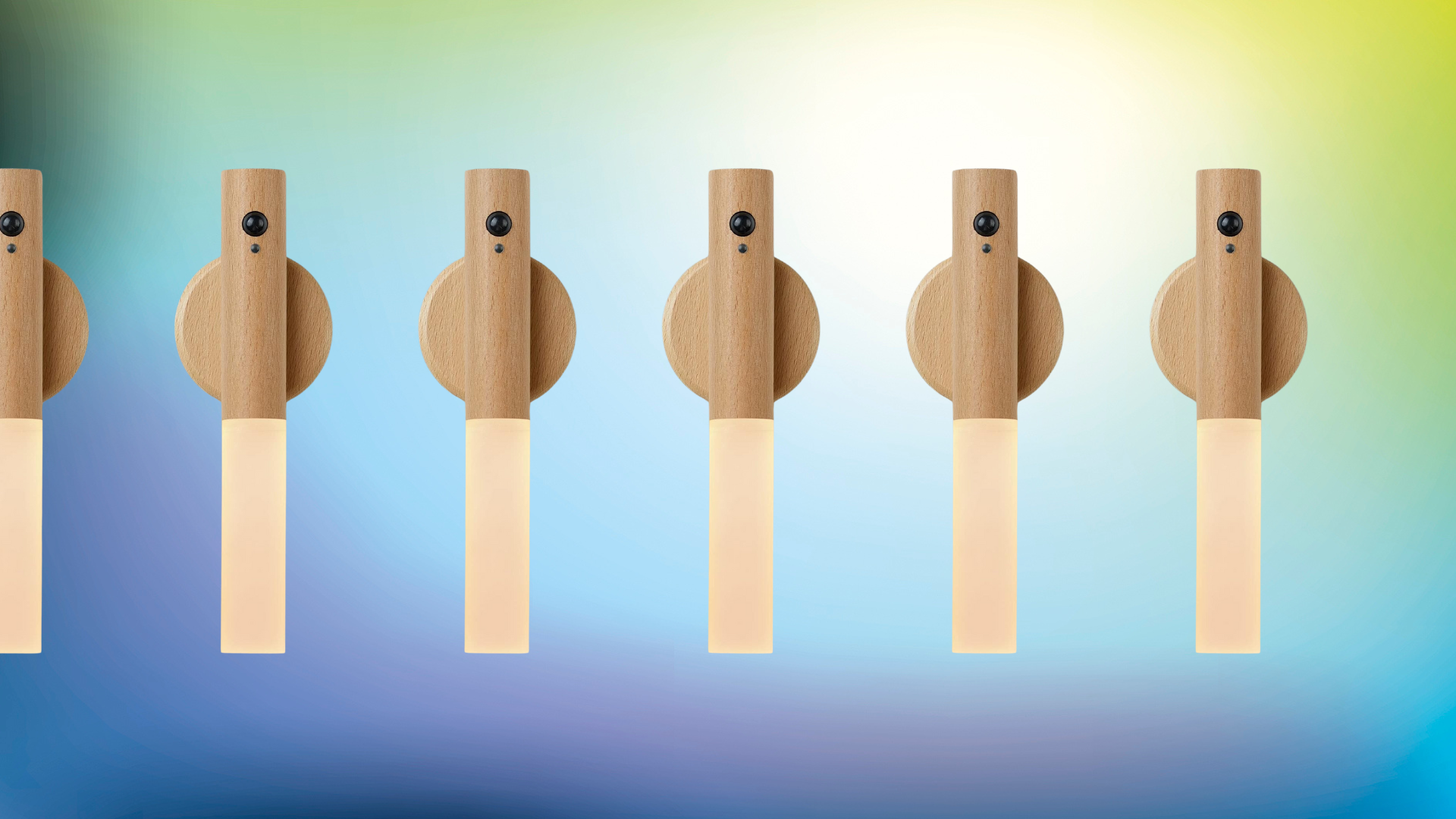 These Viral $40 Lights Make Your Home Easier to Live In — And They're Pretty Chic, Too
These Viral $40 Lights Make Your Home Easier to Live In — And They're Pretty Chic, TooThese Scandi-inspired wall sconces are the lighting solution you didn't know you needed. I'm so taken by them!
By Brigid Kennedy
-
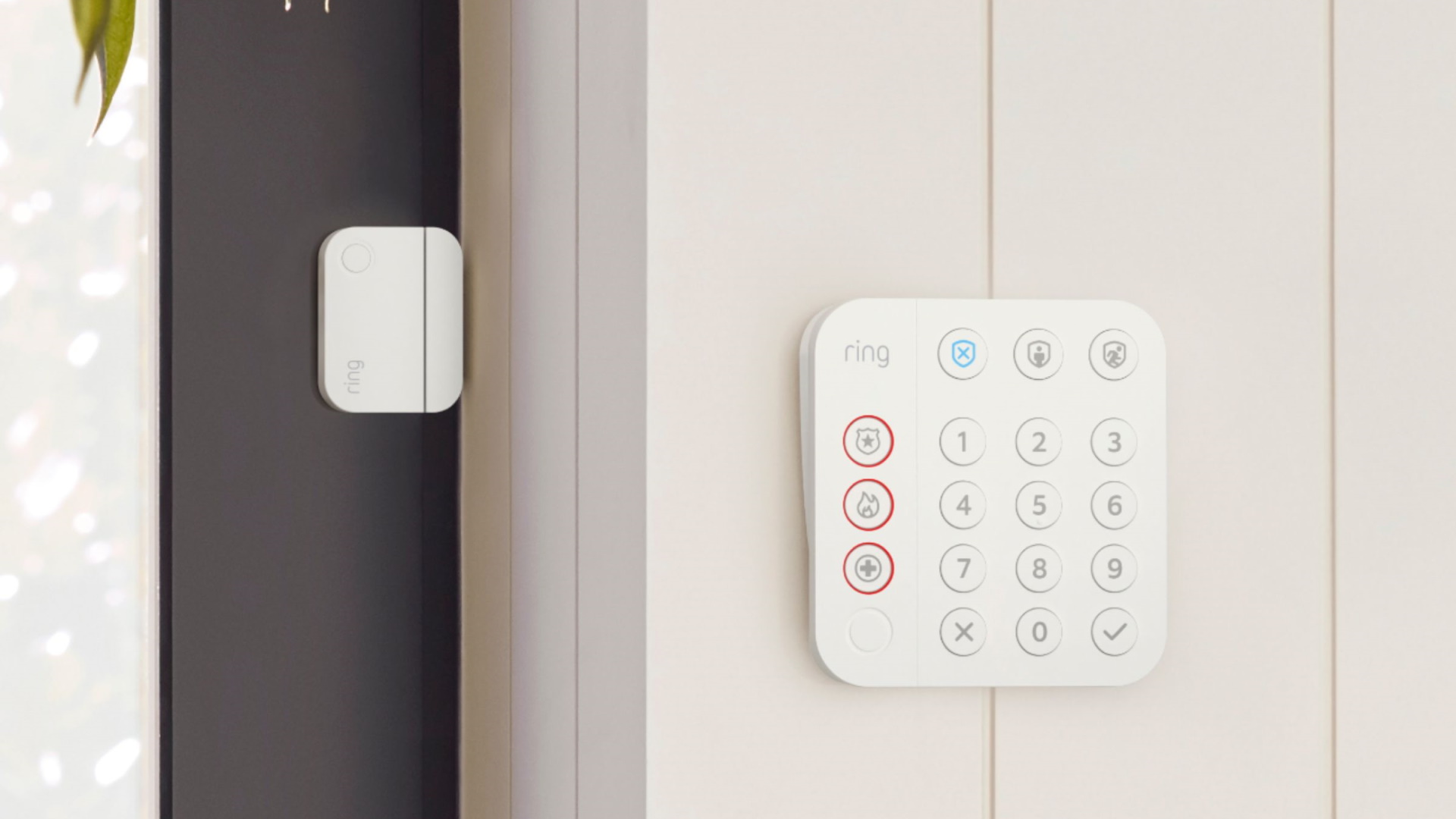 Ring Alarm System (2nd Gen) review: the brand's made-over kit is still a winner
Ring Alarm System (2nd Gen) review: the brand's made-over kit is still a winnerWe tested the Ring Alarm System 5-Piece Kit to see if it could make home security simpler for the average user, and how it may have improved on the first gen system.
By Caroline Preece
-
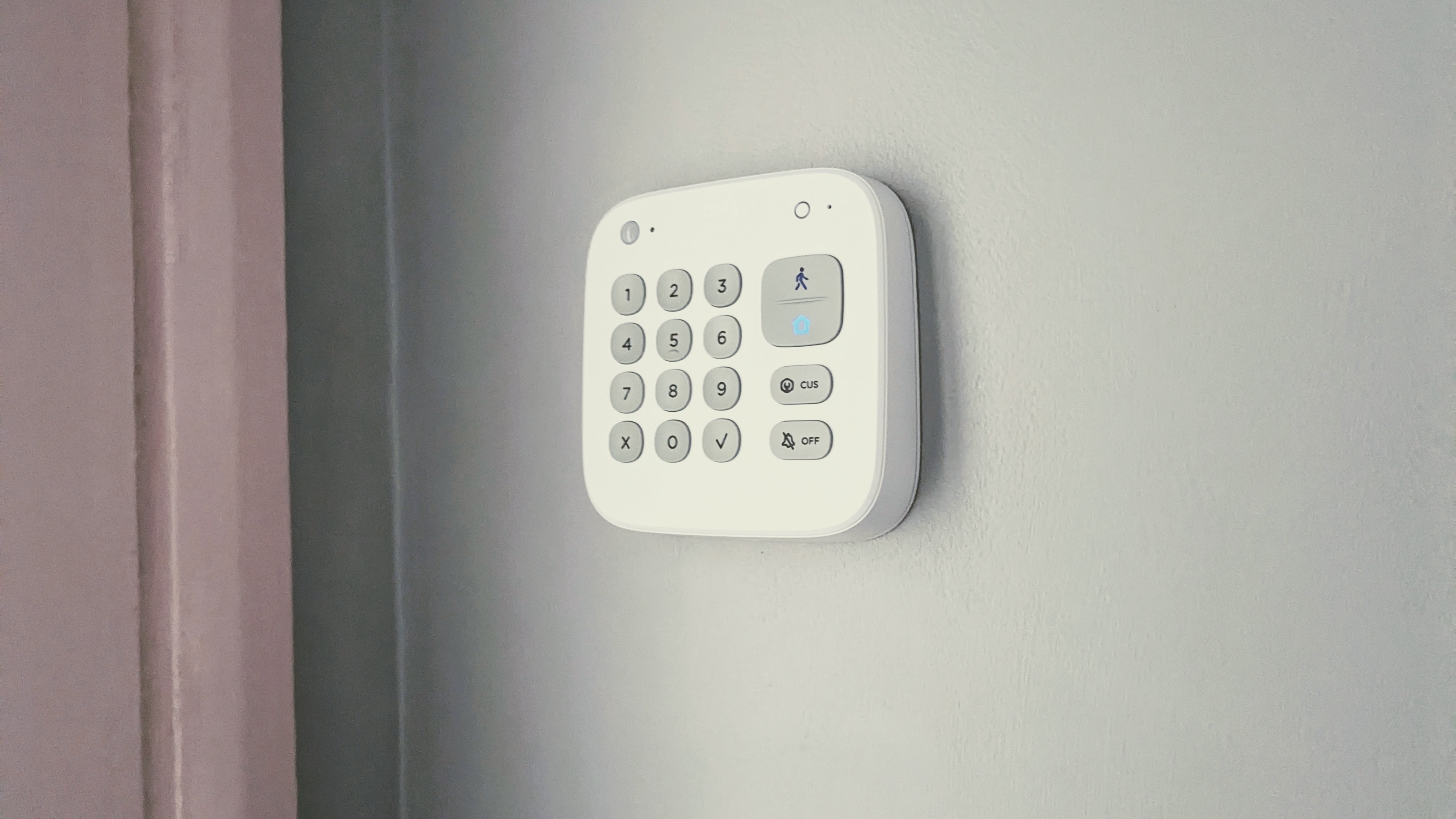 eufy Home Alarm Kit review: a simple but effective way to keep your home safe
eufy Home Alarm Kit review: a simple but effective way to keep your home safeThe eufy Home Alarm Kit has all of the basics on paper, but we wanted to test it out on our own home to see how easy it is to set up and use.
By Caroline Preece
-
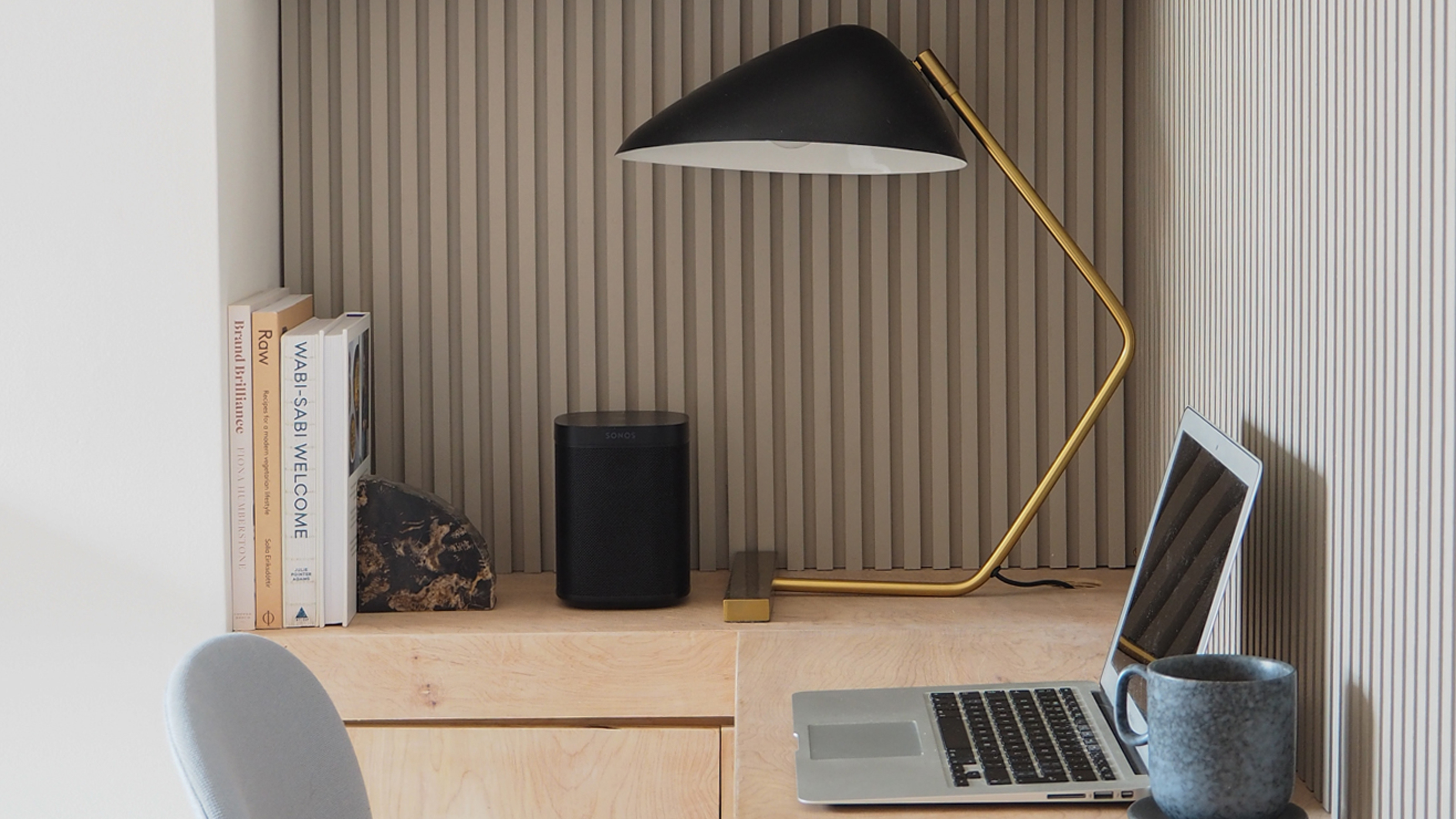 HomePod mini vs Sonos One: two high-end smart home hubs, but which is the better speaker?
HomePod mini vs Sonos One: two high-end smart home hubs, but which is the better speaker?We take a look at the HomePod mini and Sonos One, both of which sit at the higher end of the smart speaker market.
By Caroline Preece
-
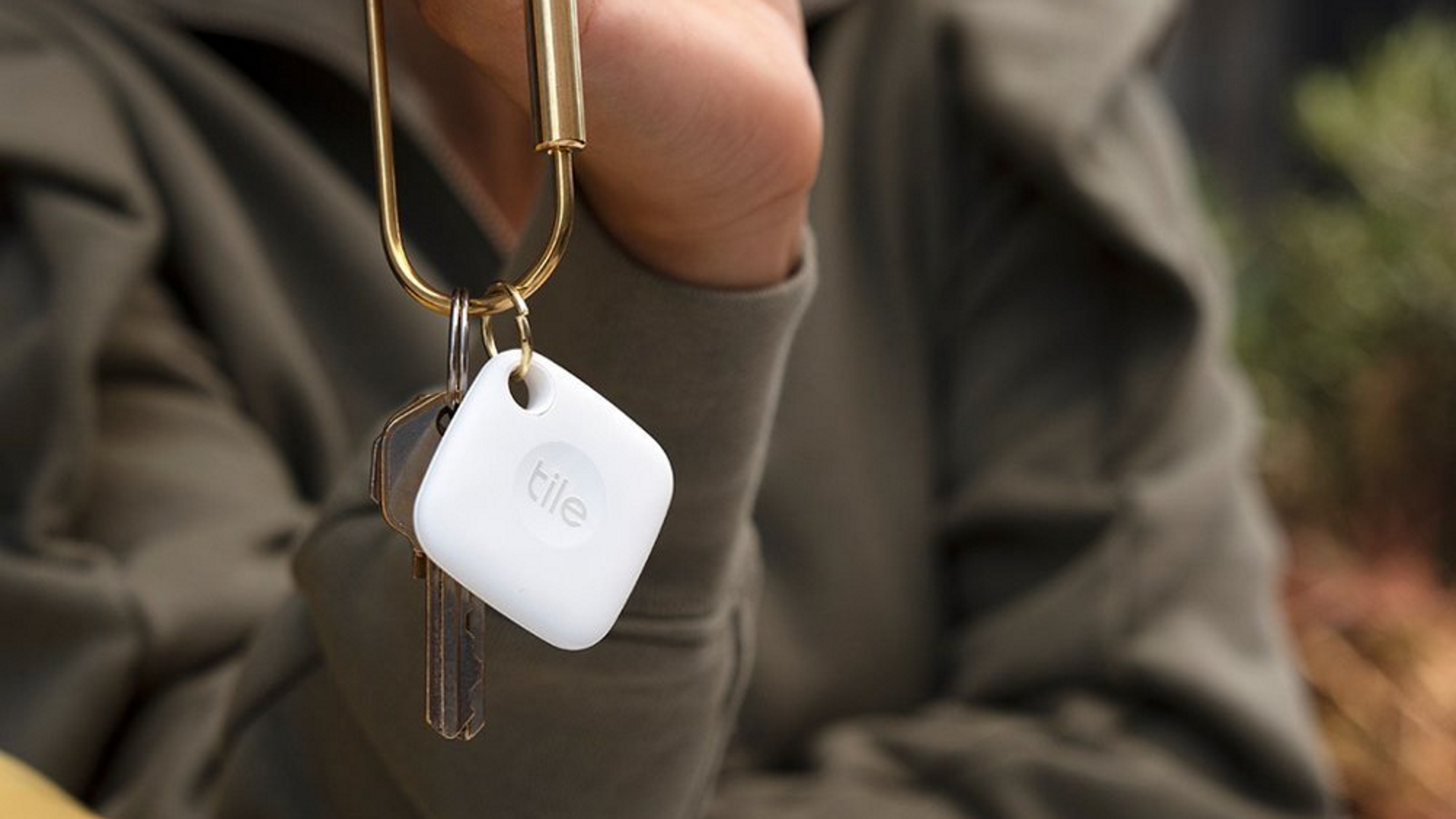 AirTags vs Tile: which Bluetooth tracker is best to help a case of constantly misplaced keys?
AirTags vs Tile: which Bluetooth tracker is best to help a case of constantly misplaced keys?If you're tired of losing your items, either around the house or outside, then Bluetooth trackers are a lifesaver - but which is best?
By Caroline Preece
-
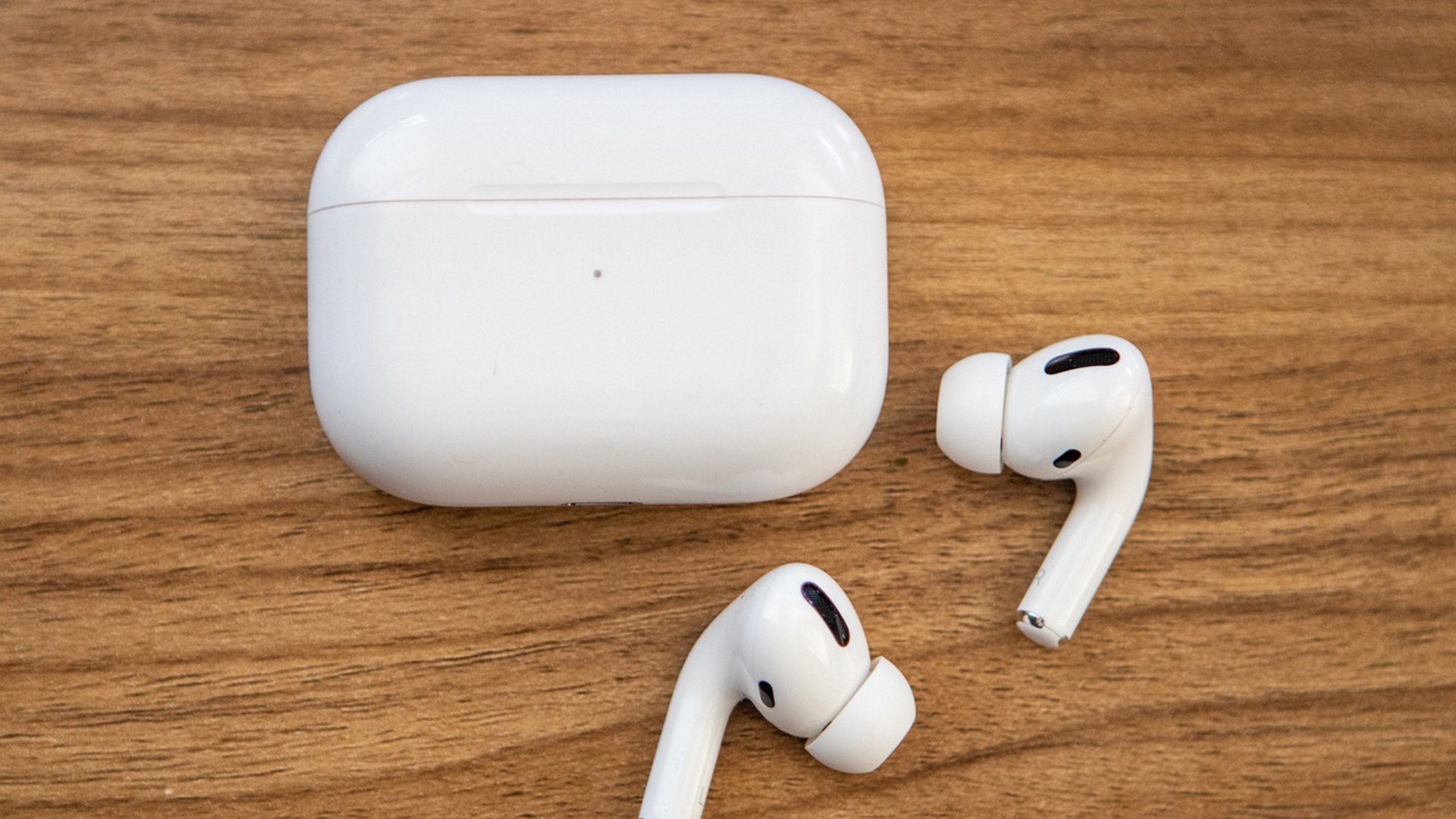 Sony WF-C500 vs Airpods: are the budget earbuds a worthy competitor to Apple?
Sony WF-C500 vs Airpods: are the budget earbuds a worthy competitor to Apple?Sony's affordable earbuds get the thumbs up from us, but how do their compare with Apple's AirPods?
By Caroline Preece